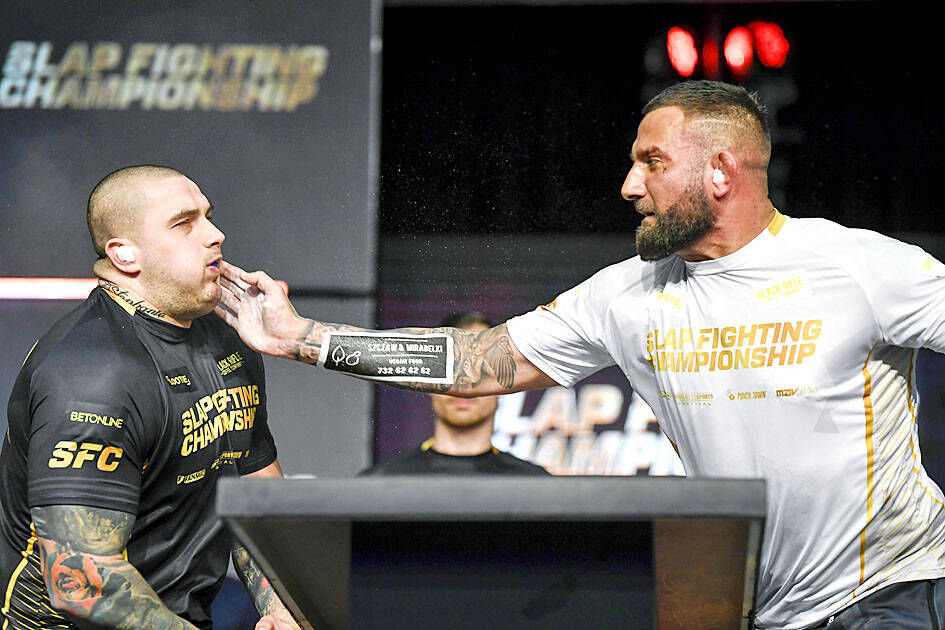Is It Time for MMA Fighters to Unionize?
- Austin Jones

- Sep 10, 2024
- 4 min read

The question of whether MMA fighters should unionize has been an ongoing debate for years, gaining traction as the sport grows more popular and lucrative. Despite its rapid rise, MMA remains largely unregulated when it comes to labor rights, leaving fighters with little power in negotiations with promotions. High-profile stars like Conor McGregor and Jon Jones may secure multi-million dollar deals, but the average fighter is left to struggle with pay disparities, lack of healthcare, and minimal retirement options.
As more attention is placed on fighter welfare, the time may be ripe for unionization. But what would that mean for the sport, and why has it been so hard to achieve?
Current State of Fighter Compensation
One of the main arguments for unionization revolves around fighter pay. While fight promotion organizations generate massive revenues—grossing over $1 billion in 2023 alone—fighters typically receive only a small fraction of the profits. The pay structure is largely based on a tiered system, where newcomers often start at $10,000 to show and $10,000 to win. When you factor in expenses such as training camps, coaches, managers, and medical costs, fighters are often left with very little after their bouts.
In stark contrast, athletes in other professional sports leagues, such as the NFL, NBA, or MLB, receive much higher percentages of their respective organizations’ revenues. For example, the NFL players' union negotiated a deal ensuring athletes receive 48% of league revenue. In MMA promotions, it’s estimated that fighters take home roughly 10% of total revenue.
This pay gap is one of the most compelling reasons for fighters to consider unionizing. With a collective bargaining agreement in place, fighters could potentially negotiate for a larger share of profits, more transparency in contract negotiations, and standardized pay structures that ensure more equitable compensation across the board.
Lack of Benefits and Long-Term Support for MMA Fighters
MMA is an inherently dangerous sport. Fighters face the risk of serious injuries each time they step into the cage, and yet many promotions, do not offer long-term healthcare plans. Currently most major MMA promotions provide limited coverage for injuries sustained in fights, but outside of that, fighters are left to fend for themselves.
With no union to advocate for them, fighters often face career-ending injuries with little financial support. This lack of long-term benefits, including pension plans or post-career healthcare coverage, is another reason why unionization could be a game-changer. Fighters deserve protection and security beyond their active careers, especially given the physical and mental toll the sport takes on their bodies.
Why Is Unionization So Hard?
Despite the clear benefits, efforts to unionize MMA fighters have repeatedly failed. Several factors contribute to this, including promotional power, a lack of solidarity among fighters, and the independent contractor status of athletes.
Promotional Power: The UFC, as the dominant organization in MMA, holds immense power over its fighters. Promotions can easily replace fighters who speak out or attempt to organize, leading to fears of being blacklisted or punished for advocating unionization. The UFC's market share also makes it difficult for fighters to find leverage, as most need the promotion's platform to build their careers and reputations.
Independent Contractor Status: Most MMA fighters are considered independent contractors rather than employees. This classification means fighters are not entitled to the same rights and benefits that employees would receive, such as collective bargaining or health insurance. Changing this status is crucial for any meaningful progress toward unionization.
Lack of Unity: MMA fighters are not always on the same page when it comes to organizing. Some fighters, particularly those at the top of the pay scale, may not see the need for a union, while others may be too focused on their next fight to prioritize long-term change. MMA is the opposite of a team sport. This lack of cohesion makes it difficult to build a unified front capable of challenging promotions like the UFC.
Potential Benefits of Unionization
If fighters were to unionize, the potential benefits could be transformative:
Collective Bargaining: Fighters could negotiate for better pay, fair revenue splits, and transparent contracts, allowing them to have more control over their careers and compensation.
Healthcare and Benefits: A union could secure long-term healthcare, injury coverage, and pension plans, providing fighters with financial security after retirement.
Workplace Safety: Fighters could advocate for improved safety measures, such as stricter weight-cutting regulations, more oversight for fighter health, and protections against brain trauma.
Legal Protections: With union backing, fighters could challenge unfair treatment, contract violations, or unethical practices by promotions without fear of retaliation.
What’s Next?
The idea of MMA fighters unionizing is not without its challenges, but it’s an issue that will only grow as the sport continues to develop. Fighters like Leslie Smith and Mark Hunt have been vocal proponents of unionization, while other high-profile names remain hesitant. The question is, how long can the status quo last?
As the revenue and influence of MMA organizations increase, the power dynamic between fighters and promotions becomes more unbalanced. Unionization may be the only way to level the playing field and ensure that fighters—the true stars of the sport—are compensated and protected for the risks they take every time they step into the octagon.
The time for fighters to unionize may be closer than ever, but it will take collective action, courage, and solidarity to bring about real change. If fighters can come together, they have the potential to reshape the future of the sport, not just for themselves, but for the generations of athletes who will follow.
Fight.TV is here for it!
.png)


